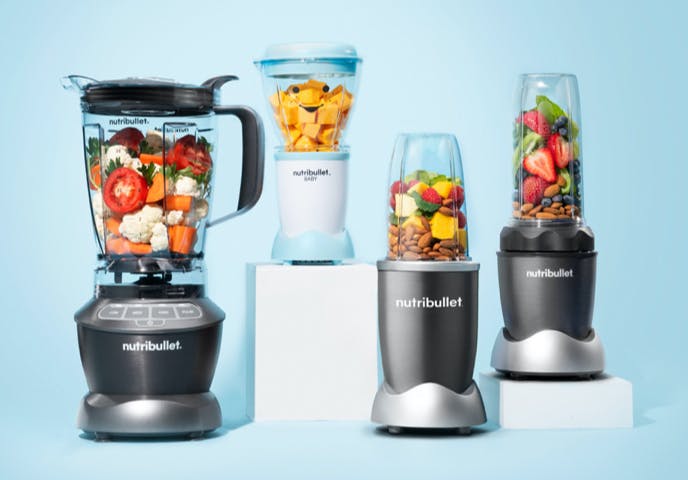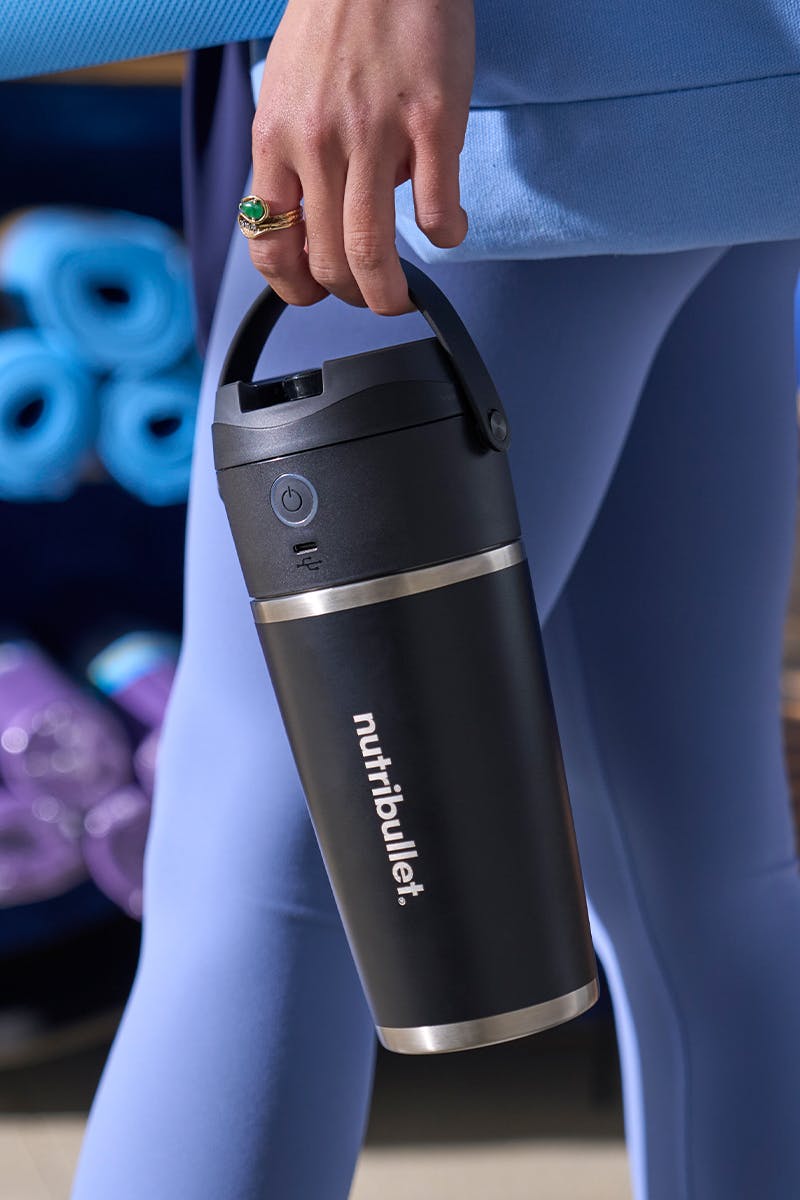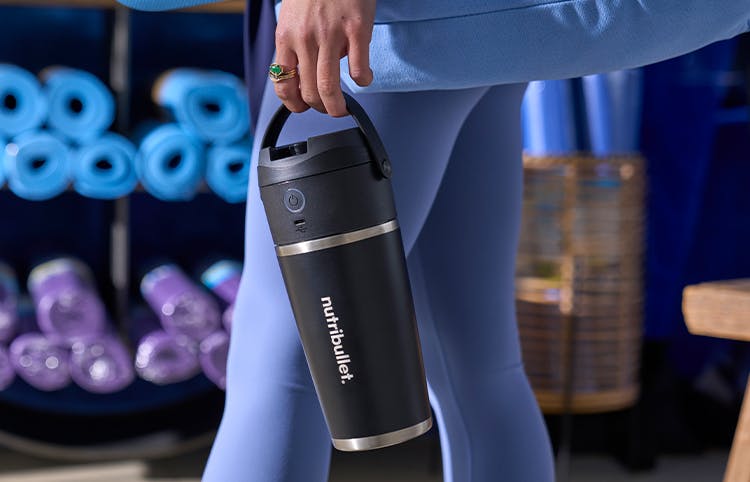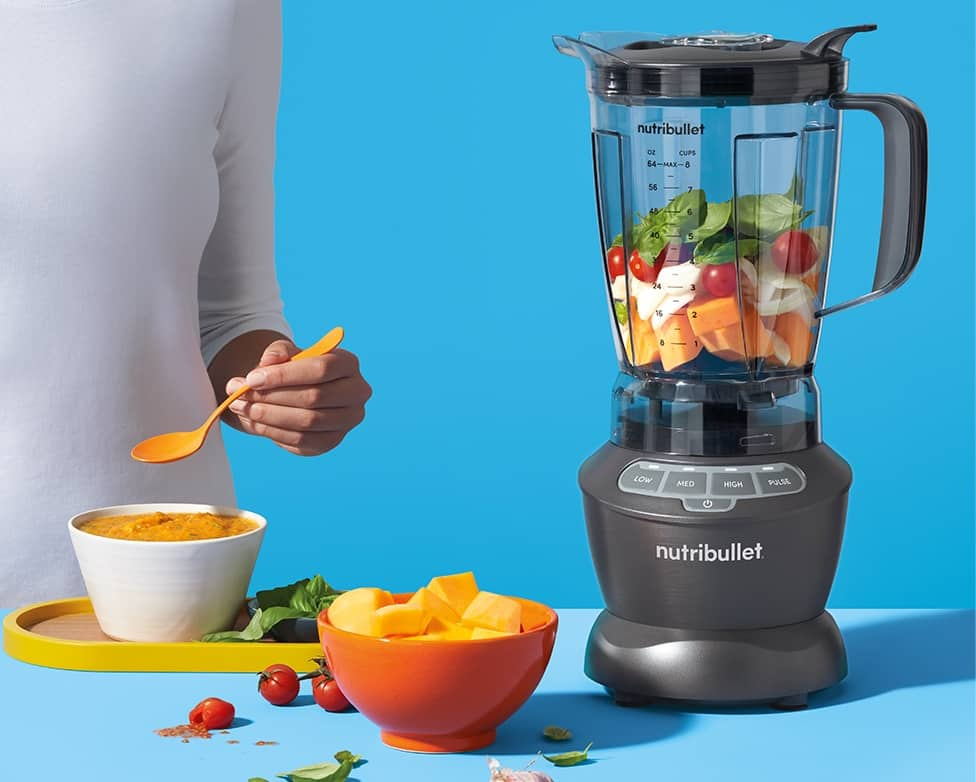Written by Ellee Forsythe
Picture this: you’re wandering the supplement aisle, looking for a high-quality and nourishing protein supplement.
You may have a few questions as you peruse the seemingly endless options. How many grams of protein per serving is the right amount? Is pea or whey protein more beneficial for your individual needs? What are the red flags of a low-quality protein?
It can be overwhelming to identify a protein supplement that contains the necessary ingredients to fuel your body and help you take on the day in power. But, once you’re equipped with a toolbox of nutritional knowledge, picking the right supplement might be simpler than you think.
Read on to learn what to look for in a supplemental protein — so that on your next trip to the health food aisle, you’ll feel empowered to choose a supplement that is both nourishing and nutritious.
What red flags should I look out for?
Before discussing what to look for in a protein supplement, let’s first outline what to avoid.
Your first step? Turn that tub of protein over and check the nutrition label and ingredients.
Keep a watchful eye for highly processed sweeteners like corn syrup solids or sucralose. Instead, look for a product made with a natural sweetener, like stevia.
Also, avoid artificial flavoring and colors, if possible. Many protein powders contain ingredients that have no actual benefits for protein synthesis and fueling your body. Simply put, aim to limit the amount of non-nutritive additions to your protein powders, like fillers or additives.
How much protein should I be consuming?
The answer to this question is not one-size-fits-all.
Your weight, activity level, and health goals largely determine how much protein your body requires. A good place to begin discovering your individual needs is a protein calculator. A tool like this can help you identify the amount of protein your body requires and adjust your diet accordingly.
Of course, you won’t meet all of your protein needs with supplements alone. A healthy diet rich in whole foods high in protein (like eggs, chicken breasts, broccoli, nuts, and legumes) is important to keep your body fueled and healthy.
However, protein supplements are a great dietary addition for those who find it difficult to meet their protein daily quota, those with a highly active lifestyle, or those with health goals involving muscle gain.
What type of protein source should I choose?

There are a ton of different protein options on the market, and these protein supplements can be made from a variety of sources.
Supplements made with whey protein are some of the most common options. While whey protein does contain all nine essential amino acids necessary for protein synthesis (making it effective for muscle gain and fullness), it comes from milk. Therefore, it should be taken with caution, as some people may experience digestive issues or nausea when consuming whey protein products. (Not to mention that unpleasant and infamous protein powder gas!)
However, there is an alternative to whey products. Some other supplements are made from plant-based proteins like pea protein. Since pea protein is a hypoallergenic protein source (naturally void of dairy, eggs, and soy), it is easier to digest than whey protein.
Even though pea protein is often sufficient on its own, when opting for plant-based protein, look for products that contain a blend of proteins. Ingredients like pumpkin protein and sacha inchi can improve the amino acid profiles of your supplements.
—
Now that you’re a protein pro, your next supplement purchase should be a breeze.




















